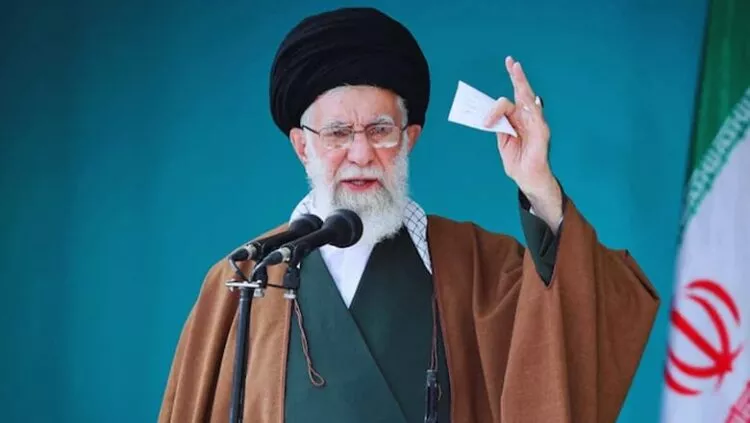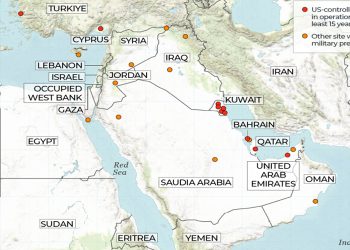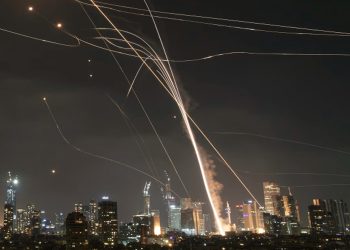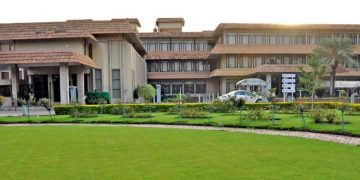Iran’s Supreme Leader Ayatollah Ali Khamenei said on Wednesday that the fall of Syrian President Bashar Assad was part of a coordinated plan orchestrated by the United States and Israel.
Speaking to Iranian state media, Khamenei accused a neighboring country as well, apparently referring to Turkiye, which has long supported anti-Assad rebels throughout Syria’s civil war.
Khamenei stressed that the turns of Syria were planned in “command rooms of America and Israel” and insisted that there are proofs for such a statement. He accused the unknown neighbor of having a “clear role” in Assad’s fall and influencing the situation today.
The loss of Assad is considered a serious blow to the Iran-led “Axis of Resistance,” a coalition opposed to U.S. and Israeli influence in the region. Still, Khamenei said the alliance would emerge stronger from the setback. “The more pressure you exert, the stronger the resistance becomes. The more crimes you commit, the more determined it becomes,” he said.
Iran, which spent heavily to prop up Assad during the war, promised to keep its relationship with Syria and urged an inclusive government representing all segments of Syrian society. Khamenei reiterated Iran’s strength: “Iran is strong and powerful—and will become even stronger.”
The eruption of the Syrian civil war in 2011 was a presage to long periods of chaos and instability. As the dissenters with arms went to form rebel groups, Syria slipped into a vortex of unrest that was unforeseen. This fresh wave of sectarian warfare gripping different parts of Syria did make the dynamics volatile and that much vulnerable to increased infighting for Bashar al-Assad, which has remained unsuccessful thus far in maintaining peace and protecting the Sunnis of the region.
At the start of the notorious civil war, many groups like the Syrian National Army, Jabhat al-Nusra, ISIS, and Kurdish-led rebels in the eastern regions encircled the country’s major cities.
Ultimately, following some powerful fights and resistances, the government forces managed to capture a maximum chunk of Syria in 2016. After all, the ding-dong battles seemed bound to happen since the opposition had merely pulled back temporarily, instead of quashing its aspirations altogether.
Coming to the governing reasons that materialized Assad’s triumph, one finds a greater role of external elements in getting Syria freed from rebels. According to the media reports of almost all major news organizations, the widespread provision of military and economic support from Iran and Russia, the regime of Bashar al-Assad attained that pyrrhic victory.
Since the outbreak of civil war, these countries not only granted full-fledged countenance to Assad to kill thousands of masses and rule coercively, but they also ensured, at every cost, an unprecedented oversight of their vested interests based in the region.
































